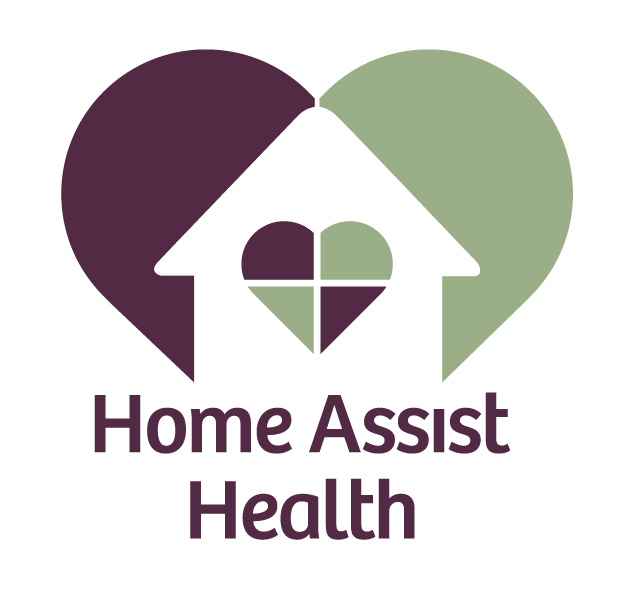 What should I do to protect myself from flu this season?
What should I do to protect myself from flu this season?
CDC recommends a yearly flu vaccine for everyone 6 months of age and older as the first and most important step in protecting against this potentially serious disease.
In addition to getting a seasonal flu vaccine, you can take everyday preventive actions like staying away from sick people and washing your hands to reduce the spread of germs. If you are sick with flu, stay home from work or school to prevent spreading flu to others. In addition, there are prescription medications called antiviral drugs that can be used to treat flu illness.
What should I do to protect my loved ones from flu this season?
Encourage your loved ones to get vaccinated. Vaccination is especially important for people at high risk of developing flu complications, and their close contacts. Also, if you have a loved one who is at high risk of developing flu complications and they get flu symptoms, encourage them to seek medical attention for possible treatment with a flu antiviral drug. These drugs work best if given within 48 hours of when symptoms start. CDC recommends that people who are at high risk of developing serious flu complications and who get flu symptoms during flu season be treated with flu antiviral drugs as quickly as possible without waiting for confirmatory testing. People who are not at high risk of developing serious flu complications may also be treated with flu antiviral drugs, especially if treatment can begin within 48 hours.
Do some children require two doses of flu vaccine?
As in previous seasons, some children 6 months through 8 years of age will need 2 doses of flu vaccine this season. Children in this age group who have not previously received two or more total doses of any trivalent or quadrivalent flu vaccine (including the nasal spray vaccine) before July 1, 2019, or whose vaccination history is not known, need two doses of 2019-2020 flu vaccine administered at least 4 weeks apart.
For 8-year-olds who need two doses, the second dose is recommended even if the child turns 9 years of age between receipt of dose 1 and dose 2. Children in this age group who have received two or more total doses of trivalent or quadrivalent flu vaccine before July 1, 2019 need only one dose for this season.
What can I do to protect children who are too young to get vaccinated?
Children younger than 6 months old are at high risk of serious flu complications, but are too young to get a flu vaccine. Because of this, safeguarding them from flu is especially important. If you live with or care for an infant younger than 6 months old, you should get a flu vaccine to help protect them from flu. Advice for Caregivers of Young Children is available for more information. Everyone else who is around the baby also should be vaccinated. Also, studies have shown that flu vaccination of the mother during pregnancy can protect the baby after birth from flu infection for several months.
In addition to getting vaccinated, you and your loved ones can take everyday preventive actions like staying away from sick people and washing your hands to reduce the spread of germs. If you are sick with flu, stay home from work or school to prevent spreading flu to others.
